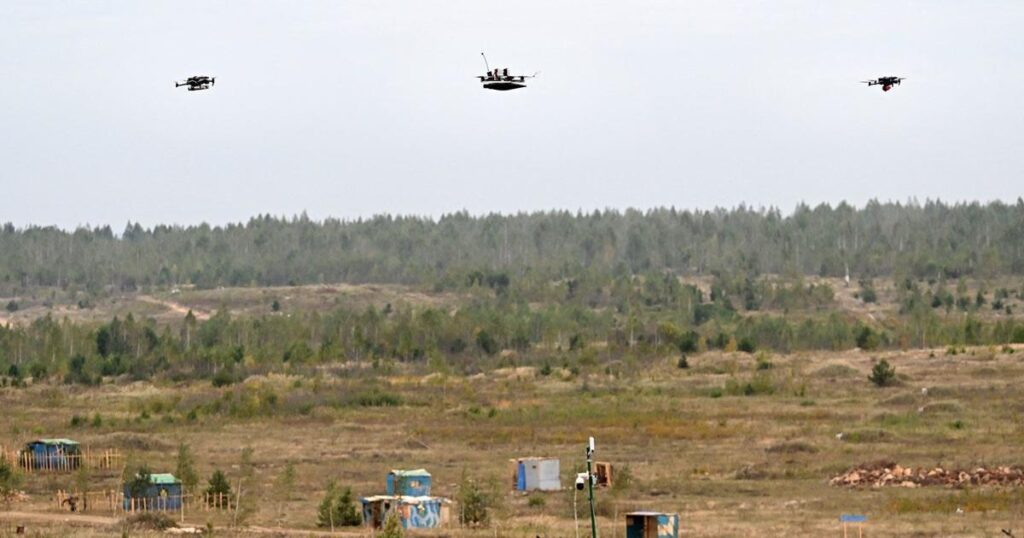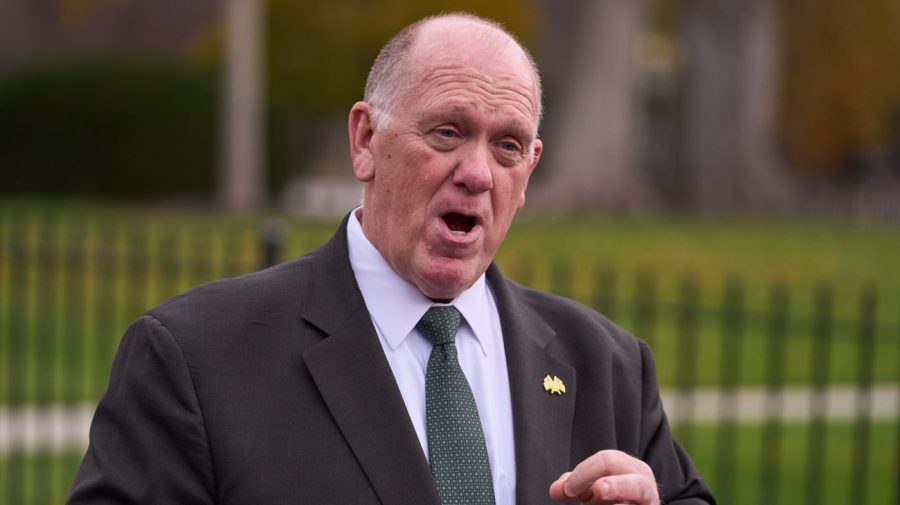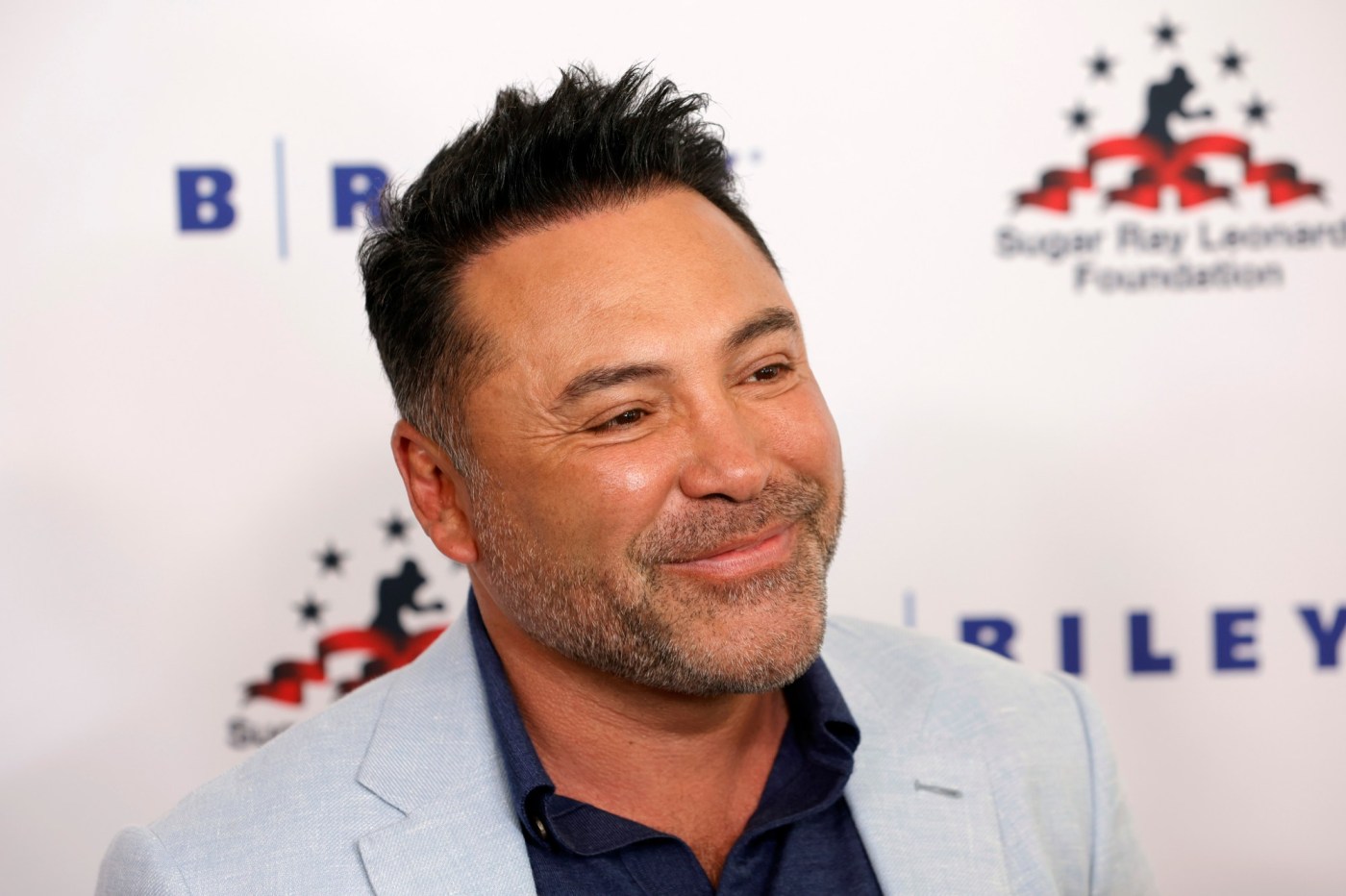
A recent incident involving Russian drones entering Polish airspace has raised significant concerns regarding NATO’s collective defense commitments. When asked about the drone incursions, U.S. President Donald Trump responded dismissively, suggesting it “could’ve been a mistake.” His remarks, however, have prompted serious discussions about the implications for NATO and its allies.
Poland, a member of NATO, is guaranteed military support under the alliance’s collective defense clause. The presence of Russian drones in its airspace represents not just a potential violation but a test of the alliance’s resolve. The situation underscores the fragile nature of international security, where statements can have far-reaching consequences.
Trump’s response to the drone incident has drawn criticism for its lack of clarity and urgency. During a subsequent interview, he stated, “The Poland thing… they were actually knocked down and they fell within Polish airspace,” but did not convey a strong stance against the violations. His comments suggest a casual approach to a serious geopolitical issue, raising questions about the U.S. commitment to its allies.
In contrast, the U.S. ambassador to NATO quickly reaffirmed support for Poland, stating on social media, “We stand by our NATO Allies in the face of these airspace violations and will defend every inch of NATO territory.” This statement reflects a more traditional diplomatic posture, aimed at reassuring allies of American support.
Polish President Karol Nawrocki later spoke with Trump, describing their conversation as a confirmation of the alliance’s unity in light of the drone incursions. Poland’s defense minister, Wladyslaw Kosiniak-Kamysz, also received assurances from U.S. Defense Secretary Pete Hegseth that Poland can count on full allied support.
NATO’s Response to Russian Aggression
In response to the drone incursions, NATO Secretary General Mark Rutte announced the immediate implementation of an operation called Eastern Sentry. This initiative involves contributions of fighter jets and other military resources from Denmark, France, Britain, and Germany, aimed at bolstering security along NATO’s eastern flank, including the Baltic states. Rutte condemned the Russian incursions as “reckless and unacceptable,” emphasizing that such actions cannot be tolerated.
The current situation illustrates the delicate balance of power and the importance of clear communication among NATO allies. As history has shown, missteps in diplomatic rhetoric can escalate tensions, potentially leading to conflict. The need for a strong and unified response from NATO is critical to maintaining stability in the region.
As the situation develops, the actions taken by NATO and its members will be closely scrutinized. The strategic implications of Russia’s provocations and the responses from the U.S. and its allies will play a crucial role in shaping future international relations. The ongoing dialogue within NATO will be essential as member nations seek to ensure collective security against external threats.
In an era where geopolitical tensions are high, the ability to navigate these incidents without escalating into conflict is vital. The words of former U.S. Secretary of State John Foster Dulles resonate today: “The ability to get to the verge without getting into the war is the necessary art.” As NATO faces this latest challenge, the alliance’s commitment to its principles will be put to the test.







